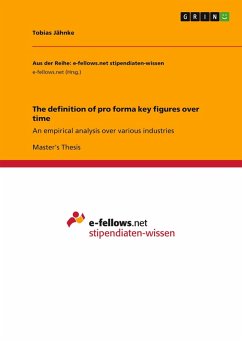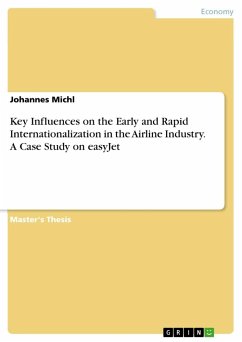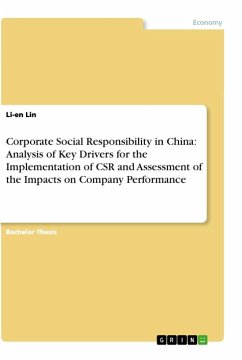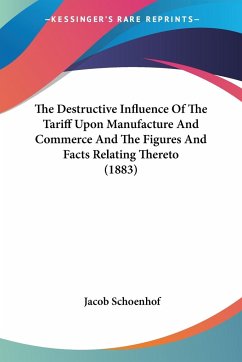Master's Thesis from the year 2025 in the subject Business economics - Miscellaneous, grade: 1,3, University of Münster, language: English, abstract: Over the past three decades, pro forma figures have become a central element of corporate reporting, particularly among capital market-oriented enterprises. These non-GAAP indicators are widely used in investor communication, company valuation (e.g., via EBITDA multiples), and are now disclosed by nearly all firms in the United States and Germany. They have become an integral part of investor relations, often presented more prominently than traditional GAAP measure. Especially in listed companies, the pressure to meet investor expectations has increased the appeal of flexible, adjustable pro forma measures. Despite their popularity, pro forma figures remain controversial. On the one hand, they can enhance information quality by removing distorting one-off effects, thereby providing stakeholders with a clearer picture of operational performance. On the other hand, their discretionary definition and voluntary disclosure allow for selective adjustments and opaque presentation, creating risks of communication manipulation. This tension has been highlighted in both academic and regulatory debates. Early scandals, revealed the dangers of unregulated use and triggered regulatory responses in the US, which have since been partially adopted in Germany. Academic research on non-GAAP reporting has expanded significantly in the US, while in Germany it remains limited. In particular, systematic empirical studies on the definition of pro forma measures and industry-specific practices are scarce. This thesis seeks to close this gap by examining the definition and quality of pro forma figures in the annual reports of German listed companies between 2019 and 2023. Using quantitative content analysis of DAX 40 reports, data is collected manually and evaluated according to predefined categories. The quality of reconciliation statements is assessed based on nomenclature, adjustments, transparency, and presentation. The study thereby contributes empirically to German research on pro forma reporting by highlighting current practice and identifying implications for future research and regulation. Beyond empirical analysis, it draws on agency, stakeholder, contingency, and institutional theory to interpret the informative and opportunistic motives of voluntary non-GAAP reporting. Thus, the thesis combines empirical evidence with a theoretical framework, aiming to support practice-oriented considerations on the future development of pro forma reporting.
Bitte wählen Sie Ihr Anliegen aus.
Rechnungen
Retourenschein anfordern
Bestellstatus
Storno








